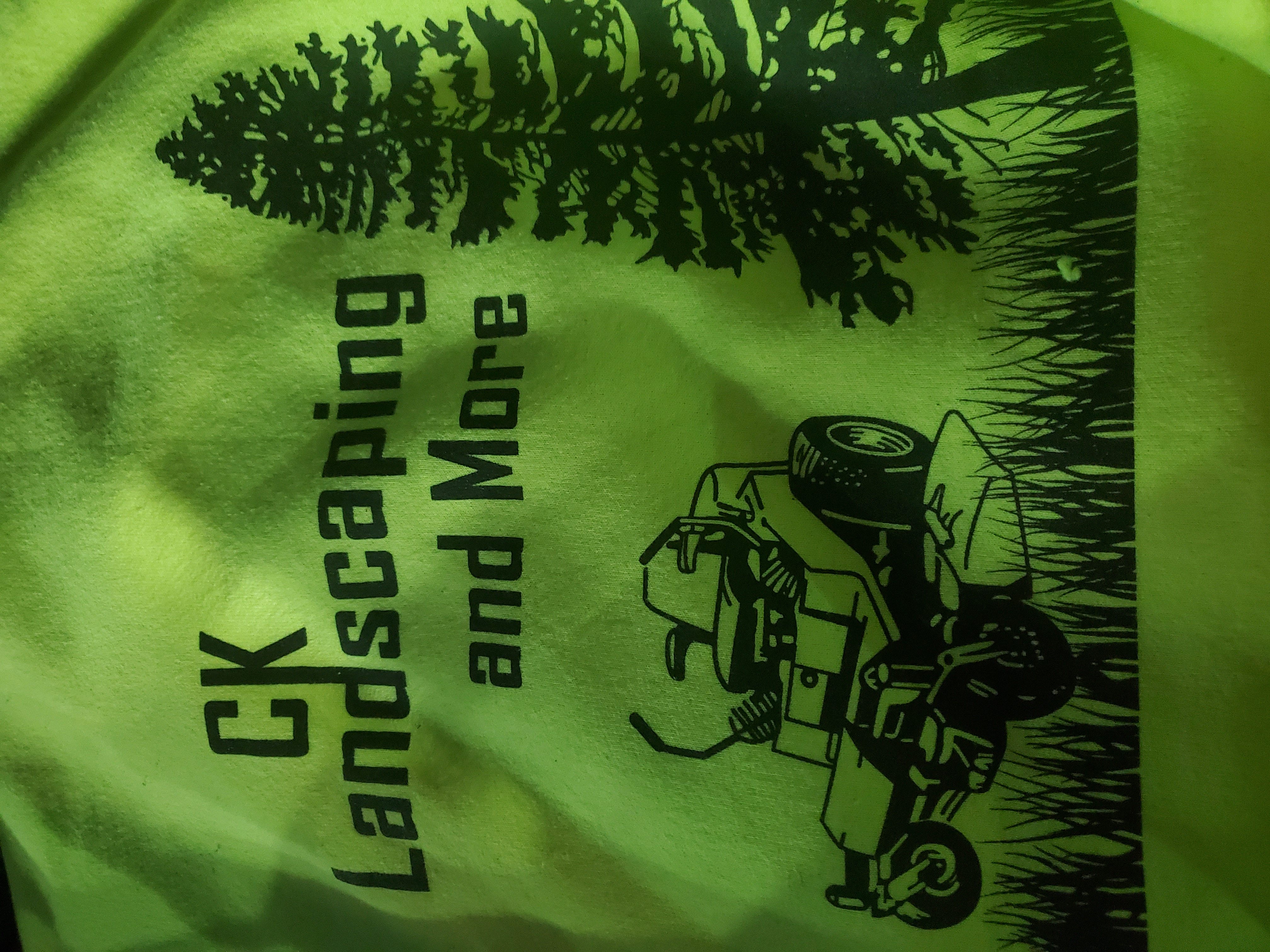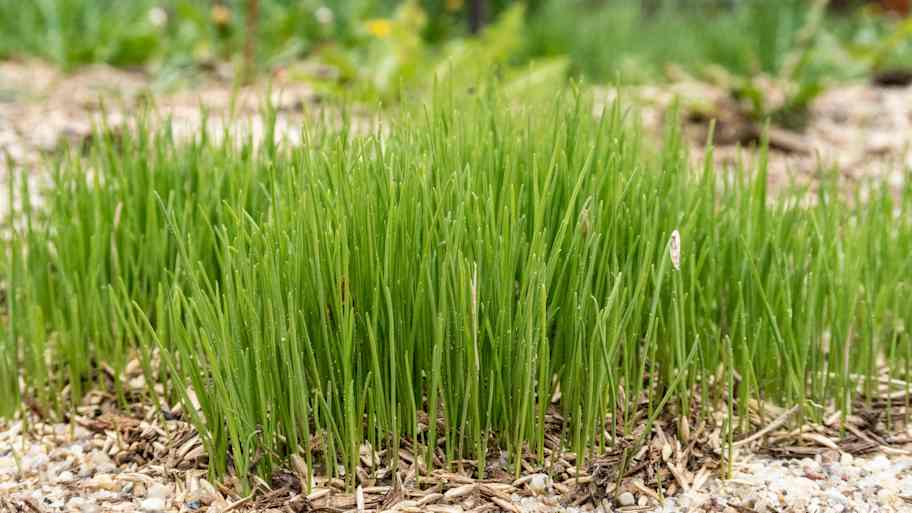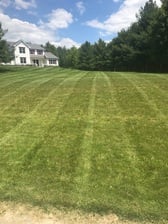
Get matched with top lawn fertilization and treatment specialists in Houston, OH
Enter your zip and get matched with up to 5 pros
Need a pro for your lawn fertilization and treatment project in Houston, OH?
Verified Reviews for Lawn Fertilization And Treatment pros in Houston, OH
*The Angi rating for Lawn Fertilization And Treatment companies in Houston, OH is a rating based on verified reviews from our community of homeowners who have used these pros to meet their Lawn Fertilization And Treatment needs.
*The HomeAdvisor rating for Lawn Fertilization And Treatment companies in Houston, OH is a rating based on verified reviews from our community of homeowners who have used these pros to meet their Lawn Fertilization And Treatment needs.
Last update on December 15, 2025
Find Lawn fertilization and treatment specialists in Houston

sunshine lawn & pest professionals
sunshine lawn & pest professionals
weed control, exterior pest control, fertilization, and more.
weed control, exterior pest control, fertilization, and more.
Pinks Handymen And Son's
Pinks Handymen And Son's
Handyman and construction
Handyman and construction

CK Landscaping and More
CK Landscaping and More
We are a local landscape service that does anything from mowing to mulching to tree service also snow removal ext we have been in business for 3 years now located out of piqua ohio
We are a local landscape service that does anything from mowing to mulching to tree service also snow removal ext we have been in business for 3 years now located out of piqua ohio
Jones Contracting & Construction
Jones Contracting & Construction
Contracting & Subcontracting crew.
Contracting & Subcontracting crew.
All Ohio Handyman Services
All Ohio Handyman Services
Certified, bonded and insured with a team of experts with over 20 years of experience in all fields
Certified, bonded and insured with a team of experts with over 20 years of experience in all fields
Eastons Lawn & Landscaping
Eastons Lawn & Landscaping
We are a small business in Logan county specializing in Total Property Maintenance. New and existing existing projects. No job too small. If you want the job done right and professionally thr first time call Eastons Lawn and Landscaping or go online to eastonslawn.com. tonset up an appointment. Thank you, Jimmy Easton.
We are a small business in Logan county specializing in Total Property Maintenance. New and existing existing projects. No job too small. If you want the job done right and professionally thr first time call Eastons Lawn and Landscaping or go online to eastonslawn.com. tonset up an appointment. Thank you, Jimmy Easton.
JIM'S LAWN CARE & LANDSCAPING
JIM'S LAWN CARE & LANDSCAPING
Family owned and operated, in business since 1991, we server Sidney and the surrounding area.
Family owned and operated, in business since 1991, we server Sidney and the surrounding area.
The Houston, OH homeowners’ guide to lawn fertilization and treatments
From average costs to expert advice, get all the answers you need to get your job done.
 •
•Discover the cost to fertilize your lawn, including average prices, key factors, and tips to help homeowners budget for a lush, healthy yard.
 •
•Discover average lawn aeration cost, key price factors, and tips to save. Get a clear estimate for your yard and learn how to choose between DIY and hiring a pro.
 •
•Discover average hydroseeding cost, key price factors, and ways to save. Get transparent estimates for your lawn project and make informed decisions for your home.

Ready to give your yard a fresh start? With these tips for grass seed planting, your lush lawn dreams are one step closer to becoming a reality.

Grass seeds thrive in soil rich in nutrients, but a potting mix will not support your grass’ long-term health. Find out which type of soil is best for grass.

If you’re looking to apply fertilizer to your lawn, there are a few things you need to get right first. Make sure you’re ready to answer these lawn fertilizer questions before you start.
- Russia, OH Lawn fertilization and treatment specialists
- Fort Loramie, OH Lawn fertilization and treatment specialists
- Versailles, OH Lawn fertilization and treatment specialists
- Covington, OH Lawn fertilization and treatment specialists
- Piqua, OH Lawn fertilization and treatment specialists
- Minster, OH Lawn fertilization and treatment specialists
- Sidney, OH Lawn fertilization and treatment specialists
- Bradford, OH Lawn fertilization and treatment specialists
- Anna, OH Lawn fertilization and treatment specialists
- Gettysburg, OH Lawn fertilization and treatment specialists
- New Bremen, OH Lawn fertilization and treatment specialists
- Maria Stein, OH Lawn fertilization and treatment specialists
- Pleasant Hill, OH Lawn fertilization and treatment specialists
- Fletcher, OH Lawn fertilization and treatment specialists
- Ansonia, OH Lawn fertilization and treatment specialists
- New Knoxville, OH Lawn fertilization and treatment specialists
- Botkins, OH Lawn fertilization and treatment specialists
- Troy, OH Lawn fertilization and treatment specialists
- Ludlow Falls, OH Lawn fertilization and treatment specialists
- Lakewood Club, MI Lawn fertilization and treatment specialists
- Saint Henry, OH Lawn fertilization and treatment specialists
- Laura, OH Lawn fertilization and treatment specialists
- Greenville, OH Lawn fertilization and treatment specialists
- Celina, OH Lawn fertilization and treatment specialists
- Quincy, OH Lawn fertilization and treatment specialists
- Saint Marys, OH Lawn fertilization and treatment specialists
- Union City, OH Lawn fertilization and treatment specialists
- Jackson Center, OH Lawn fertilization and treatment specialists
- West Milton, OH Lawn fertilization and treatment specialists
- Arcanum, OH Lawn fertilization and treatment specialists
- Roofing in Houston
- Stone And Gravel in Houston
- Fencing in Houston
- Kitchen And Bath Remodeling in Houston
- Plumbing in Houston
- Leaf Removal in Houston
- Septic Tank in Houston
- Dumpster Rental in Houston
- Plumbing in Houston
- Roofing in Houston
- Tree Service in Houston
- Electrical in Houston
- Kitchen And Bath Remodeling in Houston
- Fencing in Houston
- Siding in Houston
- Lawn And Yard Work in Houston
- Concrete Repair in Houston
- Landscaping in Houston
- Garage Doors in Houston
- Flooring in Houston
- Foundation Repair in Houston
- Pressure Washing in Houston
- Garbage Collection in Houston
- Moving in Houston
- Windows in Houston
- Handyman Service in Houston
- Gutter Cleaning in Houston
- Driveways in Houston
- Cleaning in Houston
- Exterior Painting in Houston
- 🌱 "Mow a small front yard"
- 🛠 "Fix a leaking pipe under the sink"
- 🏠 "Repair shingles on an asphalt roof"








